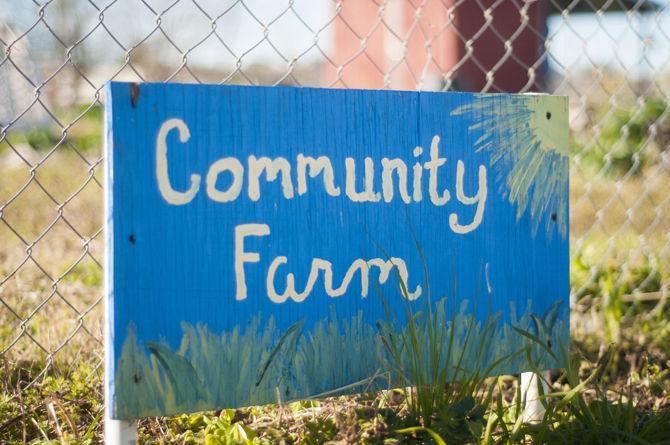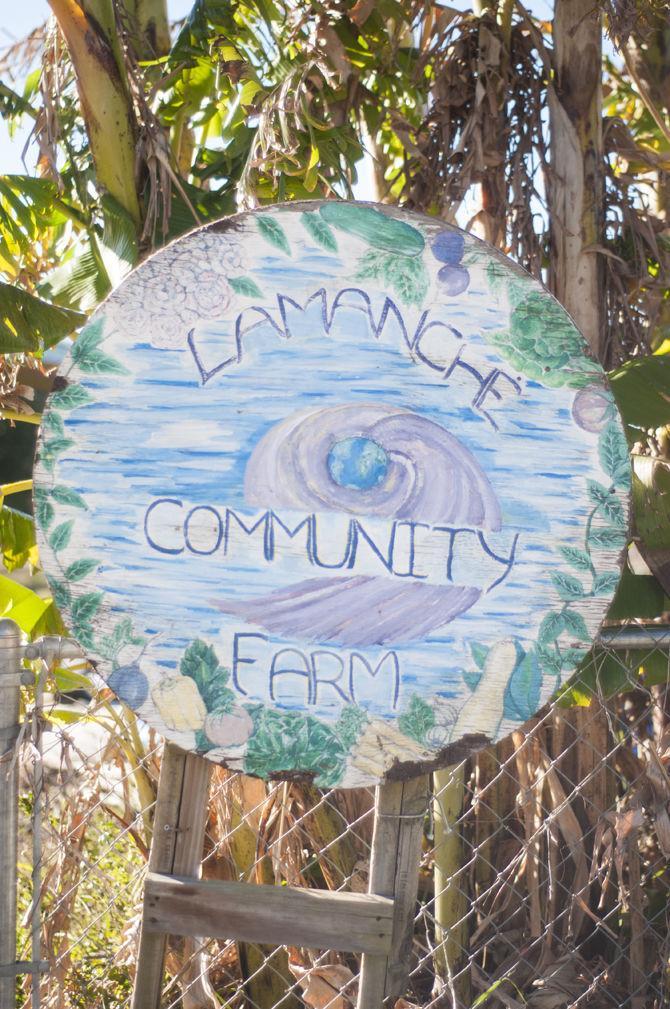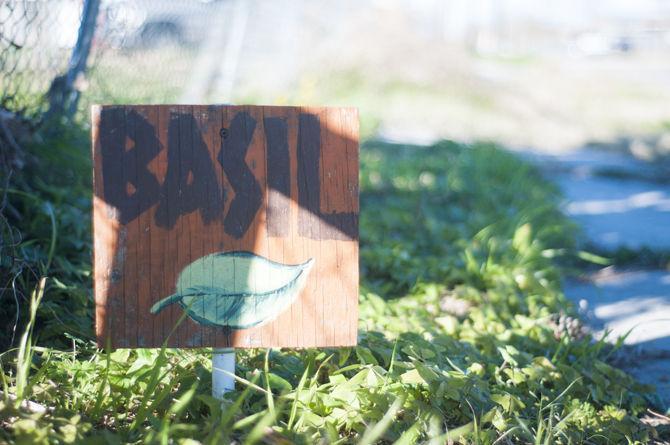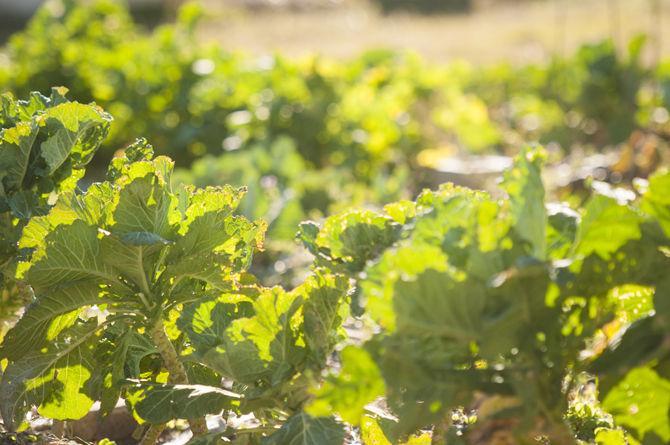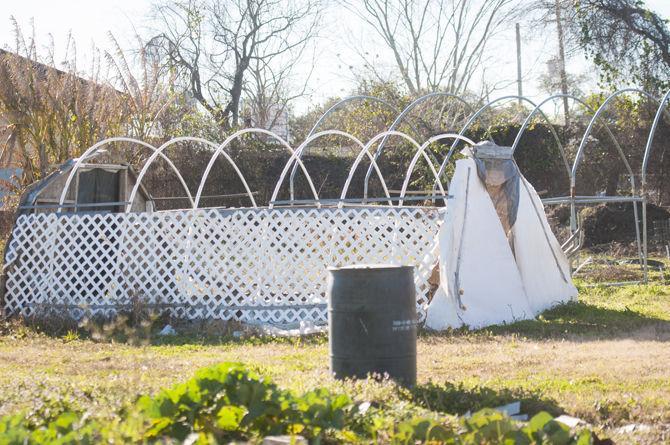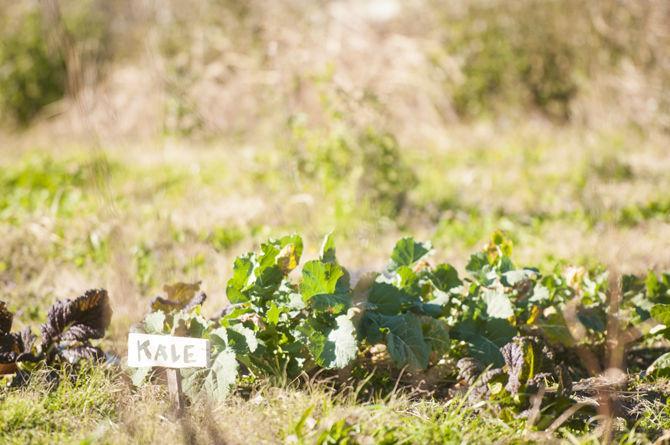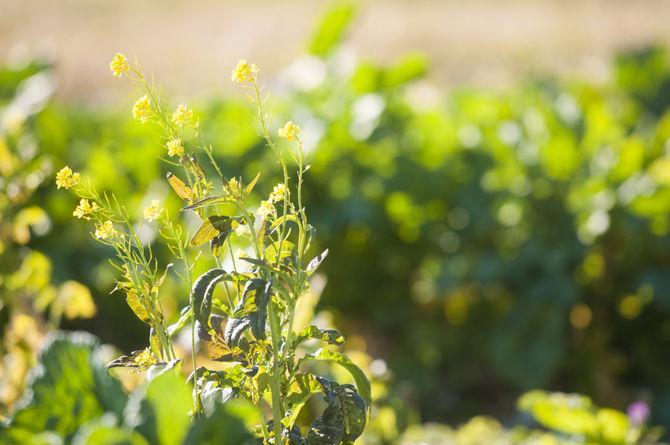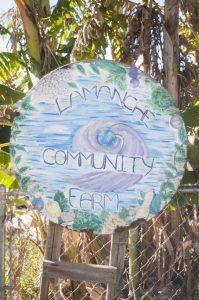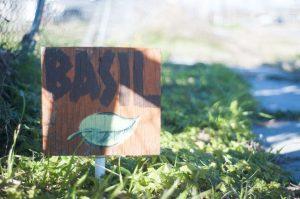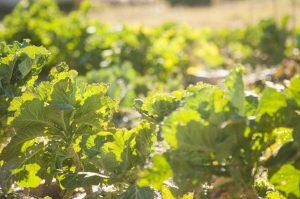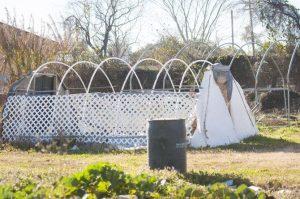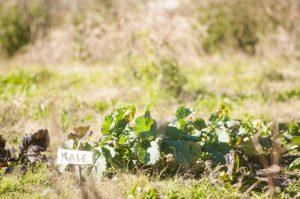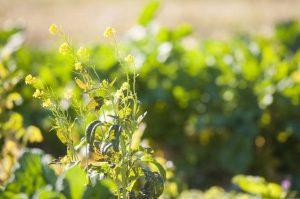The LSU AgCenter has expanded its outreach all the way down to the Ninth Ward of New Orleans in a recent project to help urban agricultural development.
The teaching gardens aim to educate citizens of urban areas how to develop their own farms and grow produce. Orleans Parish AgCenter horticulture agent Lee Rouse said he developed the idea after he and the AgCenter regional director realized there was a difference between rural extension and urban extension, which meant the same model could not be used.
“Urban extension has taken on a life of its own,” Rouse said.
He said people are becoming increasingly aware of their food supply and are taking interest in how it’s grown, how it’s processed and how to grow it themselves. Through the teaching gardens, the AgCenter is able to provide that knowledge to citizens in the New Orleans area.
“Our sole responsibility is to increase the [quality of] lives and the livelihood of the citizens of our area through agriculture,” Rouse said.
The plots of land being used in this project were provided by Capstone, a nonprofit organization that grows produce in areas where access to fresh fruits and vegetables is limited.
In addition to a horticulture agent, a nutrition agent and a 4-H agent for development are also involved. Master gardeners, who come from the AgCenter’s volunteer program, as well as other AgCenter agents, will also be involved in the education of citizens, Rouse said.
Master gardeners work with the parish agents and community primarily by providing gardening advice and education. Jeanne Rudzki, a master gardener who works with the teaching gardens, said she got involved to help teach community members how to grow their own gardens.
“[I want] to help people who don’t know about gardening to be able to garden in the most efficient way, especially when dealing with organic [produce] and taking it back to their neighborhood,” Rudzki said.
Master gardeners teach community members about different soil types, light issues, the difference between cool weather plants and warm weather plants and how to garden in Louisiana’s climate, Rudzki said.
In addition to helping citizens save money by growing their own produce, Rouse said the AgCenter worked out a deal with a farmer’s market in the area, allowing for citizens using the gardens to sell their produce additional income.
While Rudzki is a teacher, she said she still is learning.
“I have to admit, I’m still learning,” Rudzki said. “Every time I go out to the garden I learn something new, and then I pass it on to the people I come in contact with.”
Rouse said he hopes this teaching gardens project is successful and can be used as a model for agricultural development in other urban areas.
“Hopefully this will create a better and more sustainable life for everybody involved,” Rouse said.
The community members who come out to the gardens are enthusiastic about learning how to grow a garden, Rudzki said.
“We empower the people to be able to work in their own yards so that they eat healthier, they live healthier,” Rudzki said.
AgCenter sets up teaching gardens in New Orleans
By Tia Banerjee
February 22, 2016
More to Discover



